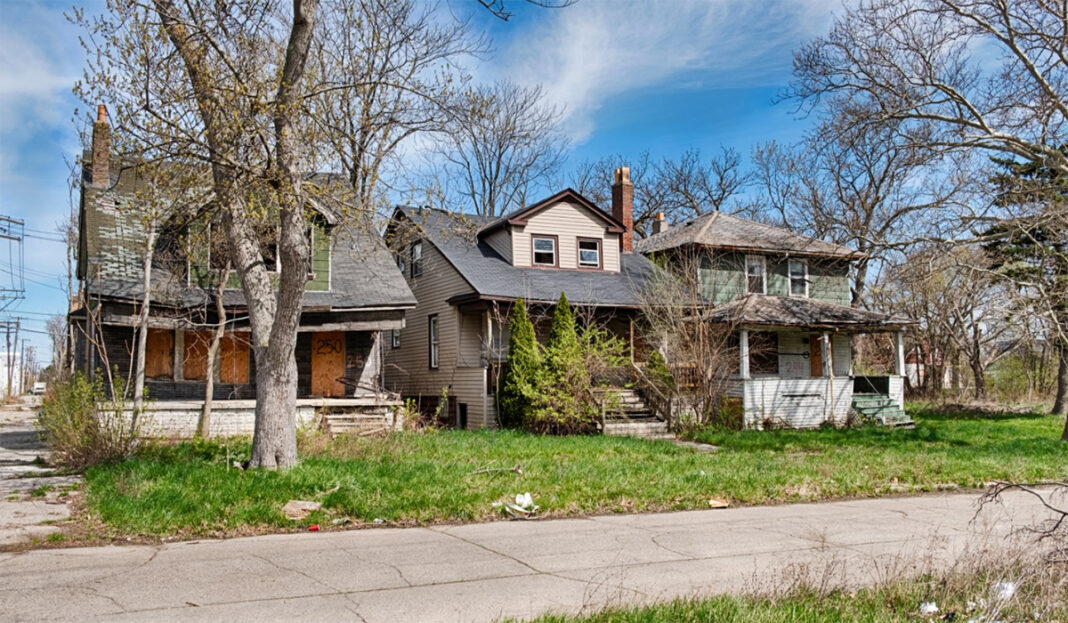On average, people in larger cities are better off economically. But a new study builds on previous research that says that’s not necessarily true for the individual city dweller, reports Phys.org. Bigger cities also produce more income inequality. Using data from municipal areas across the U.S., the study authors took a look at urban wealth through a lens of heterogeneity. Breaking the income in their dataset into deciles, the team found that, as cities grow larger, the top 10% of income earners gain an increasingly large portion of the wealth. “For a long time, what has often been thought about in urban scaling is the whole system,” says co-author Chris Kempes, of the Santa Fe Institute. Factoring in an adjustment for housing prices, the team’s analysis showed that, as cities get bigger, the housing costs increase at a faster rate than lower-decile income. “For the lower decile, there is no proportional increase in wealth. So, the city is not increasing economic benefit, but it’s not decreasing it either,” says Kempes. “However, since costs do go up, the experience of the poorest individuals gets worse.” “There is an urgent need for a quantitative and predictive theory for how larger urban areas affect a wide variety of city features, dynamics, and outcomes,” write the authors.


